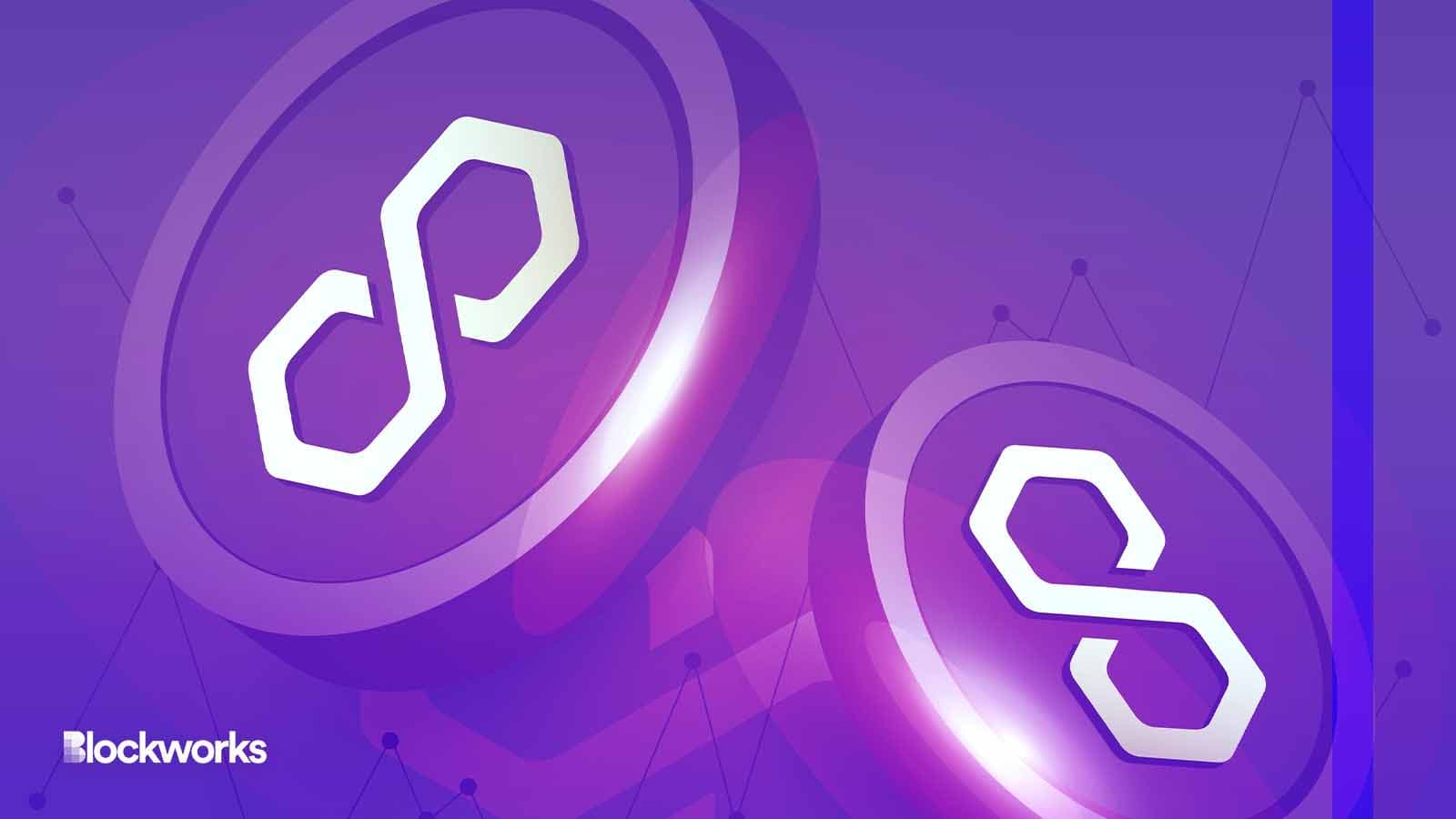Polygon’s MATIC is getting a makeover: Founders release white paper for POL
The tokenomics revamp is part of the network’s upgrade to Polygon 2.0

Satheesh Sankaran/Shutterstock modified by Blockworks
Polygon, a layer-2 network built on top of the Ethereum blockchain, is planning to revamp the tokenomics of matic, its native token.
The tokenomics revamp is part of the network’s “Polygon 2.0” plans. A handful of the network’s founders and researchers proposed the change.
A white paper that outlines the new design explained how the network intends to introduce POL — a new native token that will replace MATIC.
POL is what the Polygon team calls a “hyperproductive token,” similar to “productive tokens” which can be used by validators to secure a network and reap benefits. The team said the upgraded token will have all the critical aspects of a productive token, but it can also be used by validators to secure multiple chains. Every chain can likewise offer multiple roles to these validators.
Polygon noted in a blog post that different chains can offer roles including: accepting transactions and block generation, creating zero-knowledge proofs, and participating in data availability committees.
Migrating MATIC tokens to POL will be achieved by sending the MATIC tokens to a designated smart contract. This smart contract will handle the conversion process automatically, converting the deposited MATIC into an equivalent amount of POL.
To ensure that all token holders have enough time to transfer their assets, the Polygon team is planning to give users more than four years to change their tokens.
The initial supply of the token will be capped at 10 billion, and most of these tokens will be reserved for transitioning MATIC to POL. Following the initial supply, the white paper proposes that the token’s emission rate, the speed at which a token can be created, be capped at 1% each year for the next ten years.
Following the announcement, Polygon’s community governance will discuss and provide feedback on the proposal before determining next steps.
Get the news in your inbox. Explore Blockworks newsletters:
- The Breakdown: Decoding crypto and the markets. Daily.
- 0xResearch: Alpha in your inbox. Think like an analyst.






